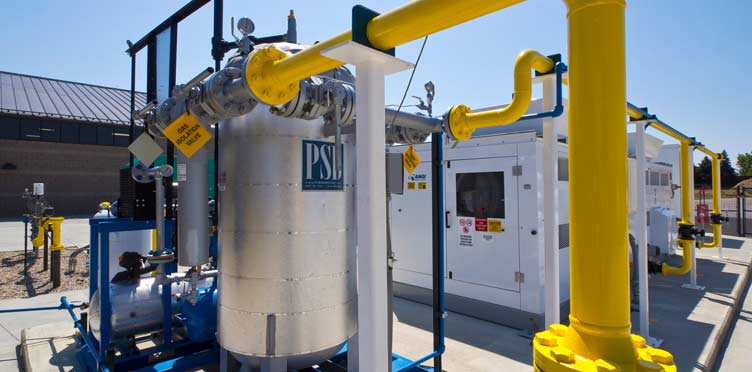P3s Can Make CNG Projects a Reality
- January 9, 2017
- Posted by: LSN Partners
- Categories: Global Projects, Government Affairs

Compressed natural gas (CNG) is an economically and environmentally sustainable alternative fuel for transit agencies across the nation. Its long-term savings potential and clean fuel properties that reduce tailpipe emissions of CO2 and other pollutants have led many transit agencies to implement or expand their CNG bus programs. In an era of tight government budgets, one of the most difficult challenges for agencies is to obtain funding to pay for the up-front costs to build the infrastructure needed to fuel and maintain buses. This makes CNG projects suitable candidates for the increasingly used public-private partnership procurement method. Under this method a transit agency may obtain financing from a private natural-gas-for-transportation solutions company, with the private party paying the upfront costs of the project while supplying the critical expertise necessary to complete these projects on schedule and in a cost-effective manner.
For a long time now, transit agencies have predominantly used diesel fuel as the primary energy source for their fleets. As of 2013, sixty percent of the buses operated by transit agencies were fueled with conventional diesel. However, this is rapidly changing as transit agencies are switching to alternative fuels in an effort to reduce both their operational costs and emissions. As a result, as much as 40 percent of U.S. buses now run on alternative fuels, half of which are CNG buses. This process has been rapidly occurring: the number of buses than run on CNG and other alternative fuels has doubled in the last eight years. Bus manufacturers and transit managers expect the number of vehicles running on CNG and other alternative fuels to continue to increase.
Rolling stock fuel choice decisions have significant, long-term impacts on transit agency budgets. Fuel typically accounts for 15 to 25 percent of bus system operating costs. In 2013, without including wages and employment benefits, fuel represented an average 21 percent of U.S. transit agencies’ operational costs for directly operated buses. Moreover, the Federal Transit Administration’s (FTA) minimum useful life requirement for large, heavy-duty buses is 12 years or at least 500,000 miles logged before the bus is eligible for federal funding to be replaced. Transit buses average about 34,000 miles per year. High mileage requirements make fuel efficiency a priority for transit agencies as it heavily impacts local and regional budgets and global emissions. Because of this, today’s fuel purchasing decisions determine an agency’s long-term cost structure and environmental footprint.
Transit agencies traditionally deployed CNG buses to reduce emissions. However, the discovery of large domestic natural gas reserves has significantly lowered CNG prices compared to diesel prices over the past few years. When measured on a gallon equivalent basis, the average cost of purchasing CNG as a transportation fuel is up to 40 percent lower than the cost of purchasing diesel. The resulting cost savings makes CNG an even more attractive fuel alternative. Moreover, the domestic supply of natural gas is projected to last more than 100 years. Therefore, natural gas prices are projected to remain significantly lower and less volatile than diesel prices in the foreseeable future. As a result, transit agencies can switch to CNG and substantially reduce their long-term operational costs, gain additional control over their budget and contribute to a cleaner, less carbon intensive environment. CNG’s economic and environmental advantages have made it the preferred alternative to diesel for U.S. transit agencies.
SOURCE: www.masstransitmag.com